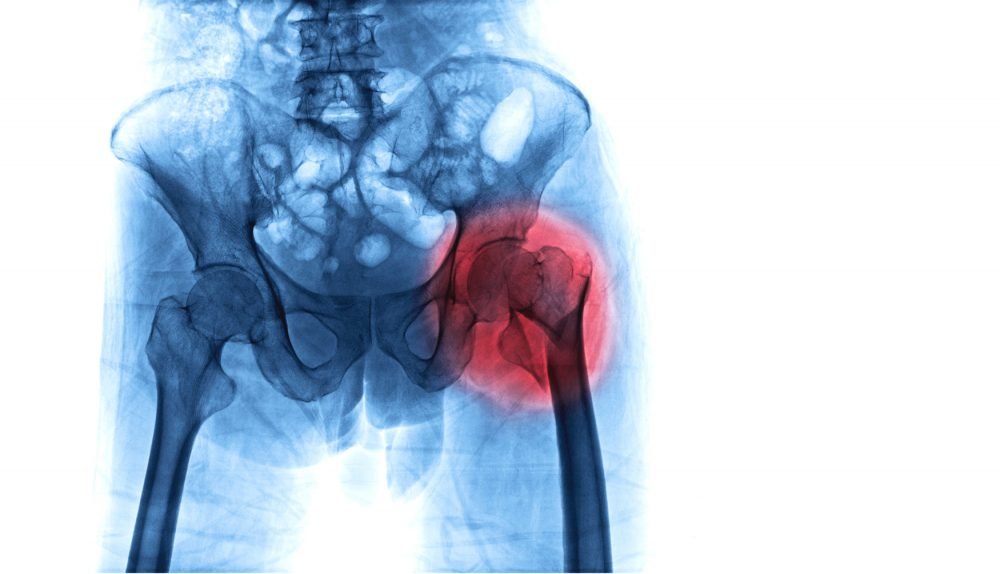Advertisment
Spinal and general anesthesia associated with similar outcomes in hip-fracture surgery

For survival and functional recovery, spinal anesthesia for hip-fracture surgery is not superior to general anesthesia, researchers reported on Oct. 9 in the NEJM/New England Journal of Medicine.
“Available evidence has not definitively addressed the question of whether spinal anesthesia is safer than general anesthesia for hip fracture surgery, an important question to clinicians, patients, and families. Our study argues that, in many cases, either form of anesthesia appears to be safe,” said lead investigator Mark Neumann, M.D. associate professor of Anesthesiology and Critical Care at the Perelman School of Medicine at the University of Pennsylvania in Philadelphia. “This is important because it suggests that choices can be guided by patient preference rather than anticipated differences in outcomes in many cases,” he added.
The investigators enrolled and randomized 1600 patients at 46 U.S. and Canadian hospitals undergoing surgery for hip fracture. They assigned 795 subjects to receive spinal anesthesia and 805 to receive general anesthesia. The subjects, all previously ambulatory, were a mean age of 78 years, and 67.0% were women.
The primary endpoint was a composite of death or inability to walk approximately 10 ft (3 m) independently or with a walker or cane at 60 days after randomization.
Secondary outcomes included delirium within 60 days of discharge.
Of the subjects, 666 (83.8%) assigned to spinal anesthesia received it and 769 (95.5%) assigned to general anesthesia received it .
By 60 days after surgery, 18.5 percent of subjects who received spinal anesthesia had died or remained unable to walk versus 18 percent for general anesthesia.
For mortality at 60 days, 3.9 percent of subjects who received spinal anesthesia had died compared to versus 4.1 percent for general anesthesia.
Delirium occurred 20.5% of the subjects in the spinal anesthesia group and in 19.7% of general anesthesia group.
The authors concluded, “Spinal anesthesia for hip-fracture surgery in older adults was not superior to general anesthesia with respect to survival and recovery of ambulation at 60 days. The incidence of postoperative delirium was similar with the two types of anesthesia.”
Simultaneous to their publication in the NEJM, these findings were also presented at Anesthesiology 2021, the annual meeting of the American Society of Anesthesiologists (ASA).





